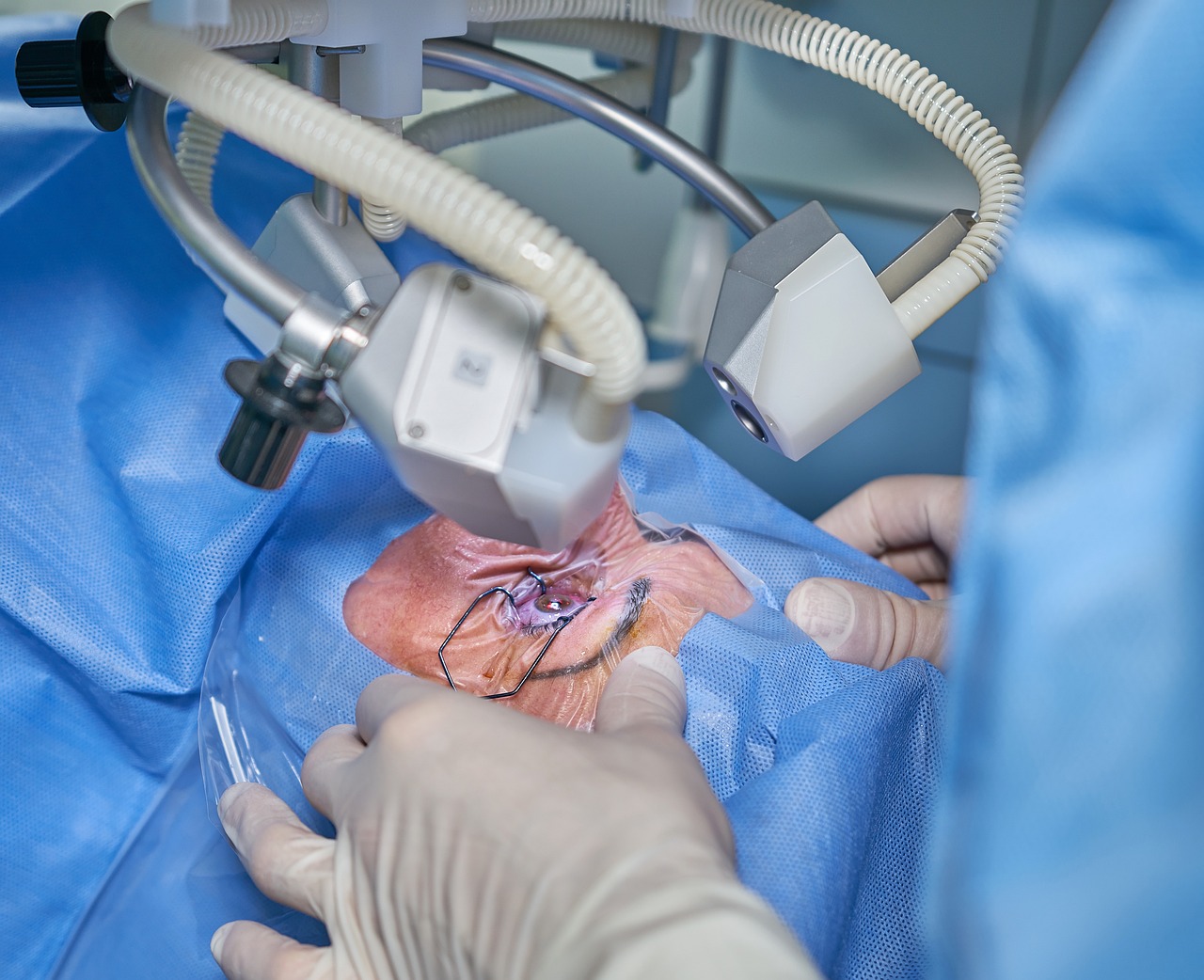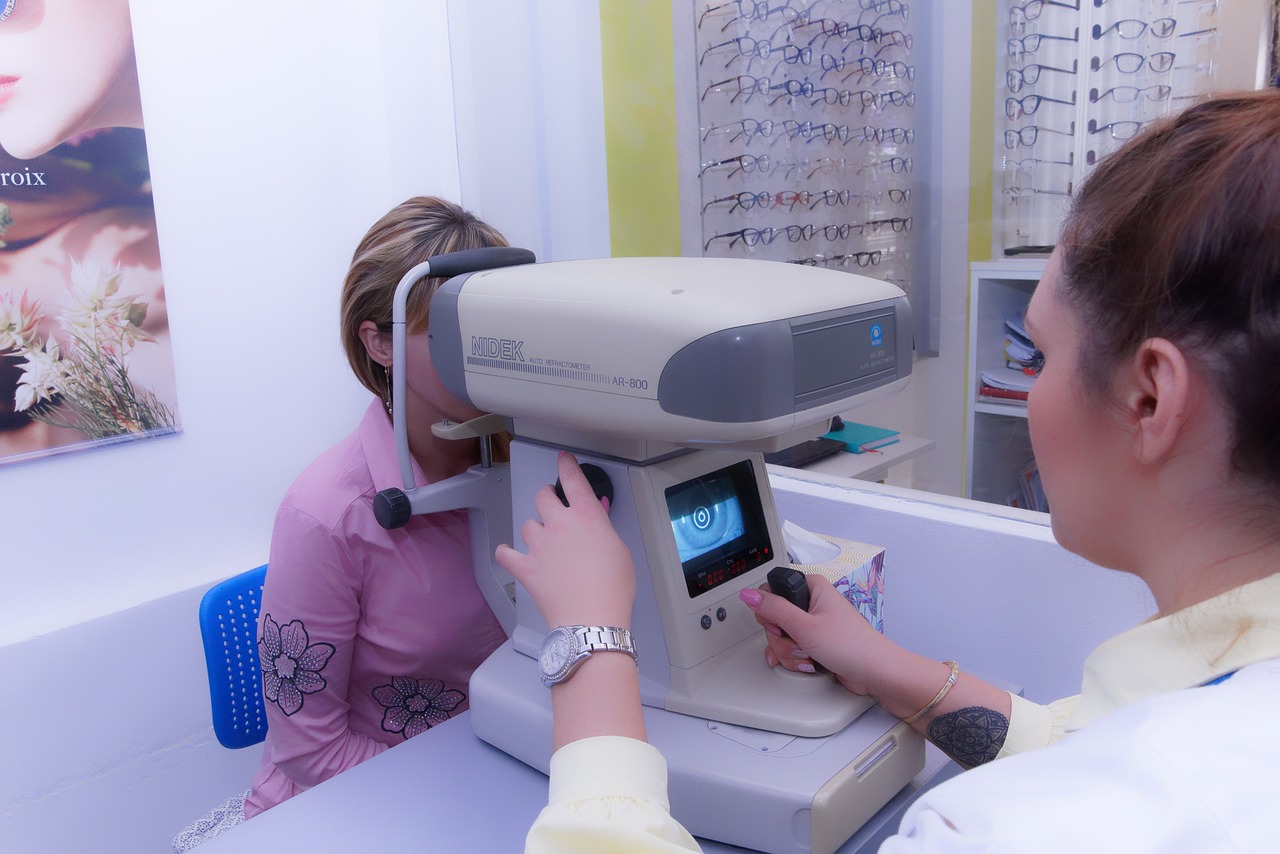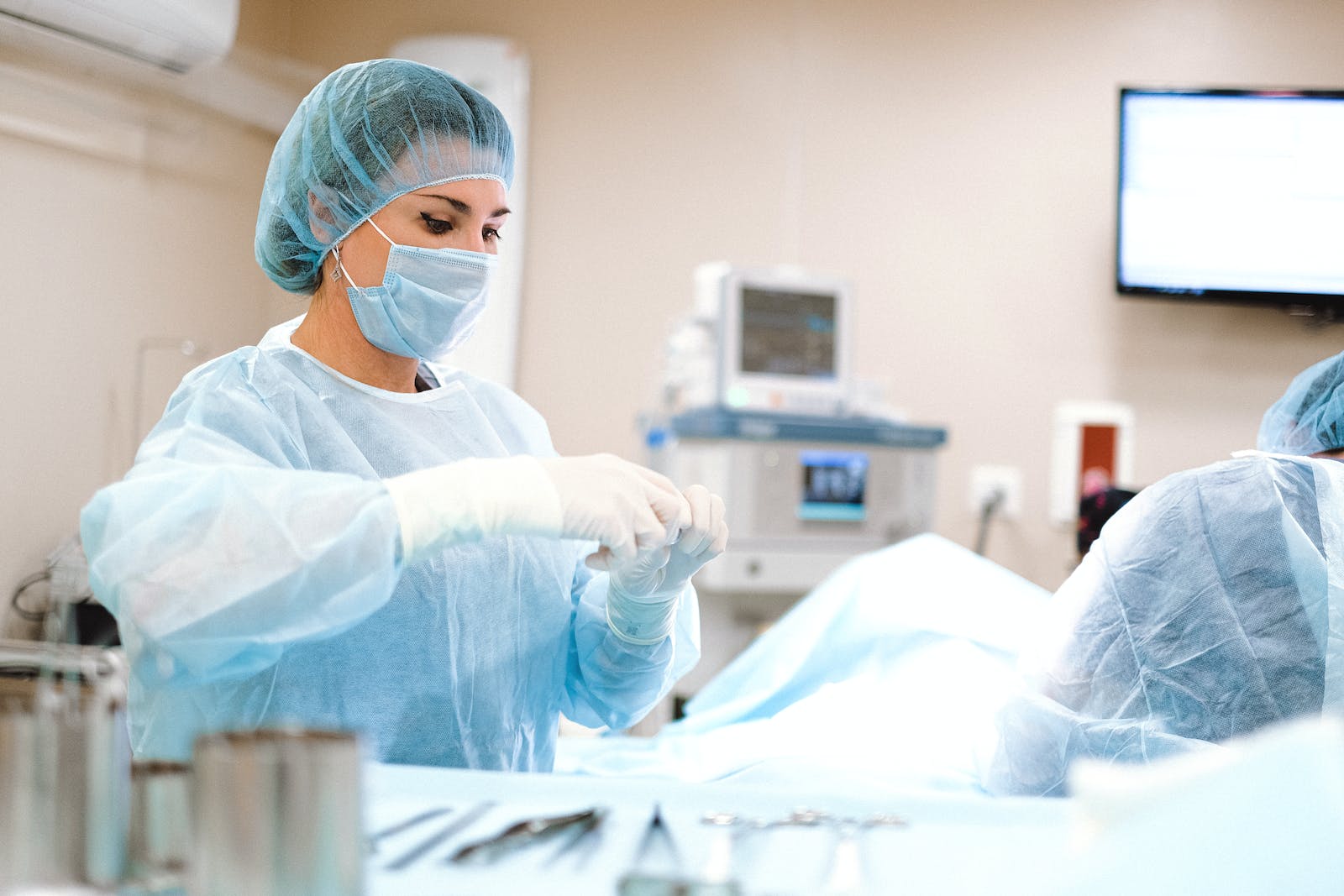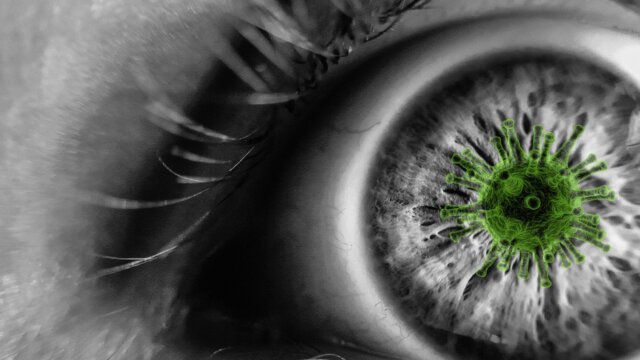FTC disclaimer: This post may contains affiliate links and we will be compensated if you click on a link and make a purchase.
Welcome to our guide on cataract surgery and its implications on driving, specifically focusing on the sport of golf.
Cataracts, a condition characterized by the clouding of the lens in your eye, can significantly impact your ability to drive safely. This is especially true for golfers, where clear vision is crucial for optimal performance.
As we age, many of us may start to experience the signs of cataracts, which include blurring of vision, difficulty spotting road hazards, and increased sensitivity to glare – particularly from the lights of oncoming vehicles while driving at night.
Addressing cataracts in a timely manner is crucial as the deterioration in vision can pose serious risks, not just to oneself but also to other road users.
This guide provides tips and guidance for a smooth transition back to driving and playing golf post-cataract surgery.
We will explore the benefits of surgery, the recovery process, and how to cope with the changes during recovery.
Join us as we delve into this important topic and provide crucial insights to help you get back on the road and the golf course safely and confidently.
Understanding Cataracts and Cataract Surgery
Cataracts are a common eye condition characterized by the clouding of the lens, which can lead to decreased visual acuity and difficulty in recognizing faces or colors.
They are the leading cause of remediable blindness worldwide. Symptoms can vary depending on the type of cataract, with some causing glare and light sensitivity, while others can result in poor vision in good lighting and improved vision in dim lighting (source).
Cataract Surgery
The only approved intervention for cataracts is surgery, which has various techniques with their own advantages and disadvantages.
It’s crucial to consult with an experienced ophthalmologist like the former president of the United Kingdom and Ireland Society of Cataract and Refractive Surgeons to understand the clinical significance of the cataract and to discuss treatment options.
Post-surgery, patients may experience improved visual acuity and regain balance in certain cases (source).
However, there are potential complications including uveitis, glaucoma, and dislocation of the lens, which can lead to severe vision impairment (source).
Given the potential impact on vision, golfers must understand the importance of early detection and treatment of cataracts to maintain optimal performance.
Preparing for Cataract Surgery
Before your cataract surgery, an initial consultation with a reputable ophthalmologist is crucial to discuss any previous eye surgeries or conditions.
This is an opportunity to ask any questions or express concerns about the surgery. The ophthalmologist will discuss the surgical options, risks, benefits, and types of lenses available, helping you choose the best option for your needs.
A series of tests, medical examinations, and medical history interviews will follow to determine your eligibility for the surgery.
Preoperative Instructions
Understanding and following preoperative instructions is key to successful cataract surgery. This includes medication instructions and fasting before the surgery.
It’s also important to stop wearing contact lenses for 1-2 weeks prior to the surgery to ensure accurate preoperative eye measurements (Silk Vision).
Discuss your medications with the doctor, as some may increase your risk of bleeding during the procedure or interfere with cataract surgery.
Apply prescribed antibiotic eye drops as instructed to prevent infections. Bring a list of all medications you currently take to the surgery.
Arrange for Transportation
Since you will not be able to drive after the surgery, arrange transportation for the day of the surgery (JL Eye Specialists).
Managing Anxiety
Finally, it’s natural to feel anxious before surgery. Your doctor can provide information and support to help you feel more comfortable and confident about the procedure.
Managing Recovery and Post-Surgery Care
Following cataract surgery, patients typically experience a recovery period that spans 4 to 6 weeks.
During this time, it is common to experience symptoms such as grittiness, watering, blurred vision, and a red or bloodshot eye. These effects are temporary and should improve within a few days post-surgery.
Importance of Post-Surgery Care
Adhering to post-surgery instructions is crucial for a successful recovery. This includes the diligent use of prescribed eye drops to prevent infection and control inflammation and restrictions on certain physical activities.
According to Dr. Allen Omid Eghrari, avoiding strenuous activities that could increase eye pressure, such as heavy lifting and rigorous exercise, for a couple of weeks following surgery is advisable.
Managing Discomfort and Side Effects
Post-operative discomfort can be managed by resting the eyes, avoiding dusty areas, and refraining from rubbing the eye.
It is also recommended to avoid activities such as driving, swimming, and wearing eye makeup until given the all-clear by a healthcare professional. Any persistent pain or vision loss should be reported to your ophthalmologist immediately.
In conclusion, a disciplined approach to post-surgery care can facilitate a smoother recovery and help patients return to their normal activities, such as golf, in a timely manner.
Adjusting to Changes in Vision and Managing Glare
After cataract surgery, patients often experience changes in their vision. One common change is an improvement in distance vision, while many find they now need reading glasses. These changes can impact various activities, including golf.
Managing Glare
Another common issue post-surgery is glare, often described as streaks or flickers of light in the peripheral vision, also known as positive
Dysphotopsias (source). This is caused by light being reflected off the edge of the artificial lens implant.
Tips for Managing Glare
- Wearing Sunglasses: A good pair of sunglasses can help manage the glare and protect the eyes.
- Adjusting Driving Times: If possible, try to avoid driving at times of the day when the sun is at its brightest, such as dawn and dusk.
Remember, every patient’s experience is unique. If you have any concerns about changes in your vision post-surgery, don’t hesitate to consult your doctor.
Returning to Driving After Cataract Surgery
After undergoing cataract surgery, the question on many patient’s minds is: “When can I get back behind the wheel?”
The answer varies, as the healing process is unique to each individual. However, a general guideline is that most patients are capable of driving 24 hours post-surgery, provided they’ve received clearance from their eye doctor. (source)
Patient Accompaniment
For safety precautions, it’s recommended that a friend or relative accompany the patient during their first few drives post-surgery. This ensures a backup driver is available should the patient experience any sudden vision impairment. (source)
Adjusting to Visual Changes
Post-cataract surgery, patients may experience changes in depth perception and visual reaction time. Here are a few tips to help adjust:
- Take short, local drives initially to gradually adjust to your new vision.
- Drive in daylight and good weather conditions as much as possible.
- Avoid driving in high-traffic situations until you’re comfortable with your new vision.
Remember, following your surgeon’s advice on when to resume driving is crucial. They’re best equipped to evaluate your healing progress and determine when it’s safe for you to drive again. (source)
Improving Your Golf Game After Cataract Surgery
For ardent golfers, cataract surgery can be a game-changer. The procedure enhances visual skills, critical for perfecting the swing, timing, and accuracy in golf.
Post-surgery, golfers have reported an enhanced ability to track the ball against the sky, a task often blurred by cataracts. (source)
Post-Surgery Precautions
However, it’s essential to allow ample time for recovery after surgery. Strenuous activities, including golf, should be avoided as they can cause the corneal flap to open, delaying the healing process. (source)
Maximizing Benefits for Golf
Once healed, the benefits of cataract surgery for golfers are substantial. Improved binocular vision and depth perception can significantly enhance the accuracy of swings and putts. Moreover, the ability to judge distance, crucial for golf, is often restored post-surgery. (source)
In conclusion, cataract surgery can greatly improve a golfer’s game, but adequate recovery time is fundamental to reap these benefits.
Conclusion
In summary, cataract surgery can have a significant impact on the quality of life, especially for individuals keen on golf.
The operation effectively addresses the clouding of the eye lens, a condition that affects vision and depth perception – essential aspects of golfing.
The procedure involves the replacement of the affected lens with an artificial one, leading to improved sight and potentially an enhanced game.
However, it’s important to note that cataract surgery, like any other surgical procedure, requires a recovery period. During this time, engaging in strenuous activities, including golf, is discouraged.
Nevertheless, with proper post-surgery care, golfers can return to the greens, potentially with better vision and performance.
It’s crucial to consult with an ophthalmologist for personalized guidance on cataract surgery. They can provide a clear timeline for recovery and offer tips for a successful recuperation. Adherence to post-surgery instructions is key to improved vision and a better golfing experience.
Are you a golfer affected by cataracts? Don’t let your vision impair your game. Consider cataract surgery and swing your way to better performance on the golf course.










